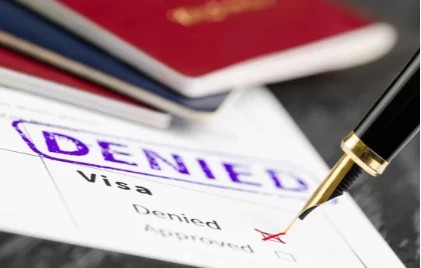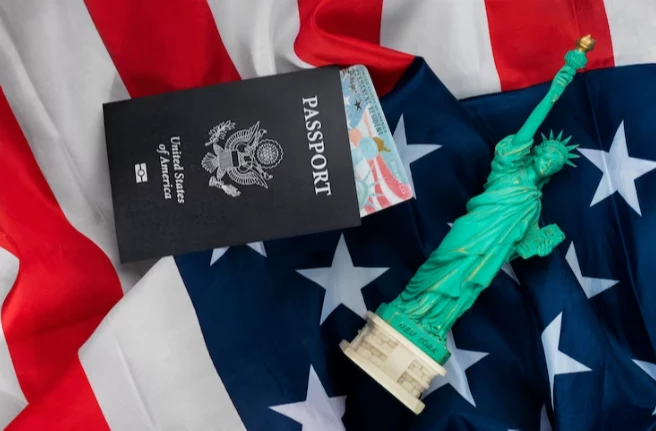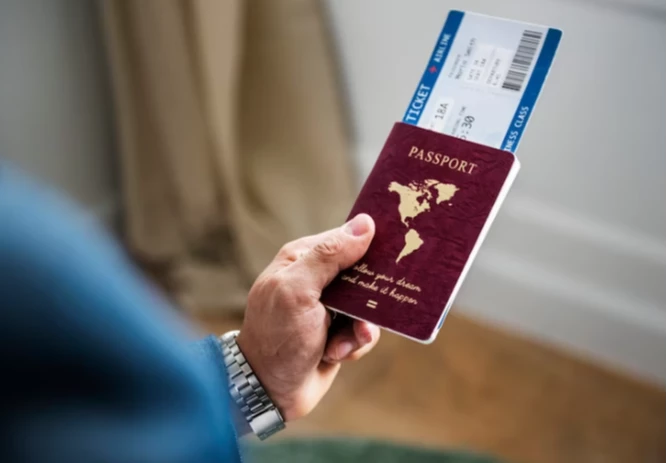7 Common Reasons for Visa Refusal: What You Need to Know Before You Apply
Visa refusals can happen for a variety of reasons, and it can be a frustrating and confusing experience for applicants. Here are some common reasons why visas are refused:
Incomplete or incorrect application: If your application is missing any required documents or contains incorrect information, it may be rejected.
Lack of evidence of ties to your home country: Immigration officials want to ensure that you have strong ties to your home country and are not likely to overstay your visa. You may be refused if you cannot show sufficient evidence of your ties to your home country, such as a job or family.
Criminal history: If you have a criminal record, you may be refused a visa.
Financial reasons: If you cannot demonstrate that you have enough funds to support yourself during your stay, you may be refused a visa.
Immigration history: If you have previously overstayed a visa or been refused entry to a country, you may be refused a visa.
Health concerns: If you have a communicable disease or pose a health risk to the country you are applying to visit, you may be refused a visa.
Security concerns: If the country you are applying to visit has security concerns related to your nationality, you may be refused a visa.
If your visa has been refused, you may have the opportunity to appeal the decision or reapply with additional evidence. It's important to understand the specific reasons for the refusal and address those concerns in your appeal or subsequent application. In conclusion, visa refusals can be a frustrating experience, but understanding the reasons why they happen can help you prepare a stronger application in the future. Be sure to carefully review the visa requirements and provide all required documentation to increase your chances of success.




